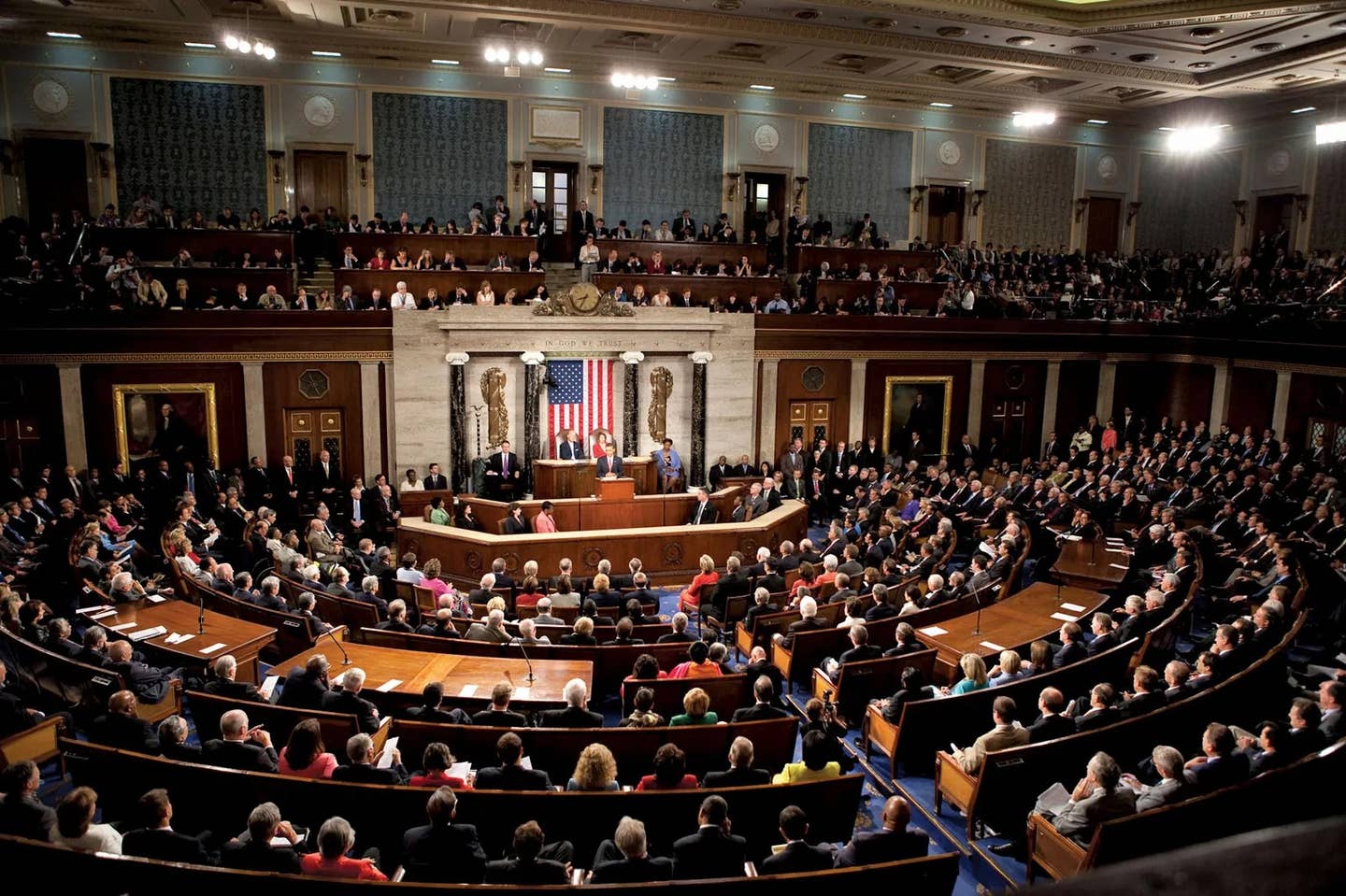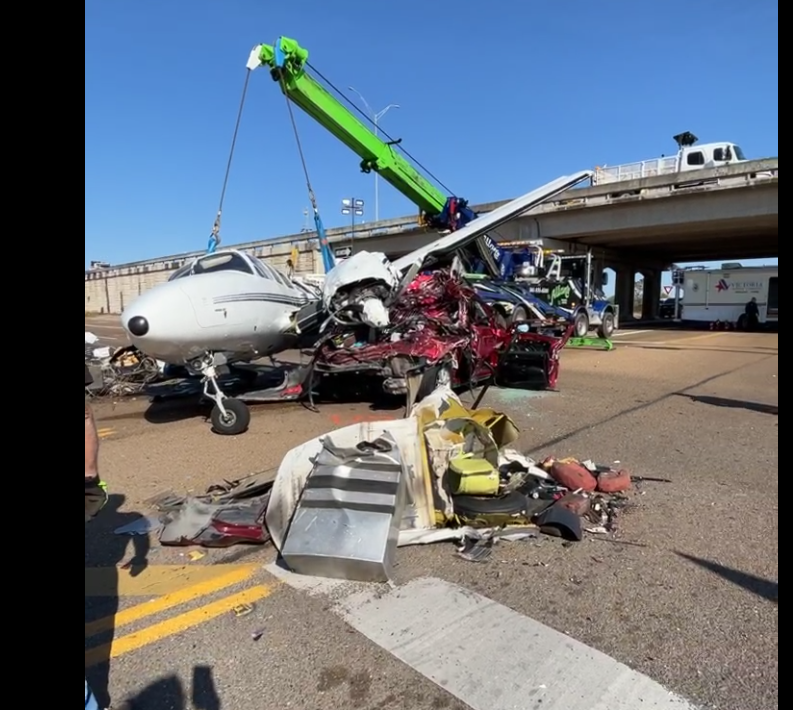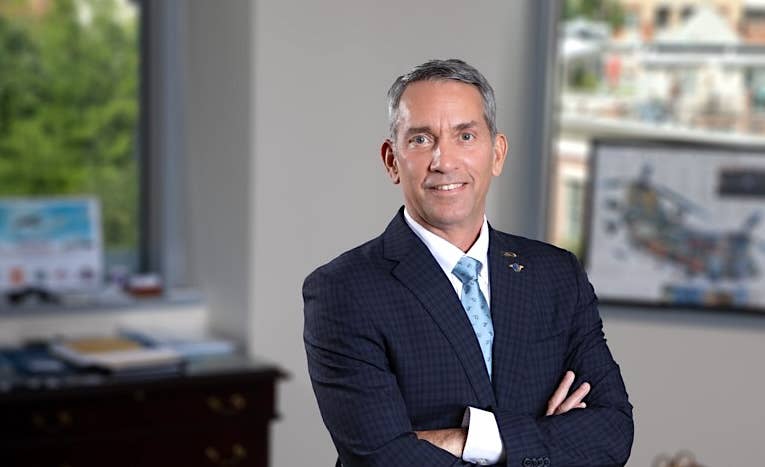FAA Reauthorization Passes The House: Next Stop, The Oval Office
The House voted today (May 15) to pass the FAA five-year reauthorization bill and sent the legislation along to President Biden for signature ahead of the Friday deadline. The House…

The House voted today (May 15) to pass the FAA five-year reauthorization bill and sent the legislation along to President Biden for signature ahead of the Friday deadline. The House vote was 387-26, following last week’s Senate vote of 88-4. Passing the long-term funding bill ended a frustrating chain of four short-term extensions.
The bill faced much less contention in the House than it had in the Senate, where a string of unrelated controversial amendments threatened to scuttle passage. House leadership declined to schedule votes on amendments, specifically to avoid the same sort of logjam negotiations.
That said, a controversial measure adding airline slots to Washington’s Reagan National Airport was among the more prominent provisions of the bill. Members of Congress were divided for and against the measure, dependent on their homes. Those from states close to Washington, D.C., were opposed based on congestion and the fear of midair collisions. Those from states farther away were in favor of adding slots. Their opponents accused them of advocating for their own convenience.
Other important measures included agreeing to hire and train up to 3,000 new air traffic controllers, increasing the length of cockpit voice recordings to 25 hours (from two hours) and extending the time frame for airline passengers to redeem travel credits to at least five years.
From the general aviation side, the General Aviation Manufacturers Association (GAMA) praised passage of the long-term legislation to fund and support the FAA. GAMA President and CEO Pete Bunce said, “The final bill contains many of the important provisions that GAMA strongly advocated for throughout the process, including during our Capitol Hill Day last week, when our board members met with over 120 lawmakers while the Senate was finalizing the bill. Overall, the bill supports safety, innovation, infrastructure investment, sustainability, and the aviation workforce.”
Bunce listed some key provisions, including adding a new Assistant Administrator for Rulemaking and Regulatory Improvement, which mandates a review of the rulemaking process to reduce bureaucratic delays. The bill also strengthens workforce development grants for pilots and maintenance technicians, he said, by adding manufacturing workers to the eligibility list. Bunce also added that the bill includes: “furthering air traffic and airport operations through pilot programs for mobile delivery of air traffic clearances and electric aircraft infrastructure; fostering future improvements in certification and production oversight; expanding sustainability research programs; and following through on initiatives focused on a safe transition to unleaded avgas.”






